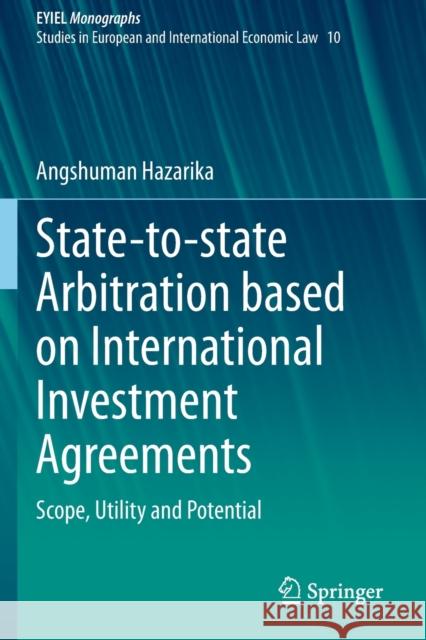State-To-State Arbitration Based on International Investment Agreements: Scope, Utility and Potential » książka
topmenu
State-To-State Arbitration Based on International Investment Agreements: Scope, Utility and Potential
ISBN-13: 9783030500375 / Angielski / Miękka / 2021 / 270 str.
State-To-State Arbitration Based on International Investment Agreements: Scope, Utility and Potential
ISBN-13: 9783030500375 / Angielski / Miękka / 2021 / 270 str.
cena 522,07
(netto: 497,21 VAT: 5%)
Najniższa cena z 30 dni: 501,19
(netto: 497,21 VAT: 5%)
Najniższa cena z 30 dni: 501,19
Termin realizacji zamówienia:
ok. 16-18 dni roboczych.
ok. 16-18 dni roboczych.
Darmowa dostawa!
Kategorie:
Kategorie BISAC:
Wydawca:
Springer
Język:
Angielski
ISBN-13:
9783030500375
Rok wydania:
2021
Ilość stron:
270
Waga:
0.38 kg
Wymiary:
23.39 x 15.6 x 1.45
Oprawa:
Miękka
Wolumenów:
01
Dodatkowe informacje:
Wydanie ilustrowane











